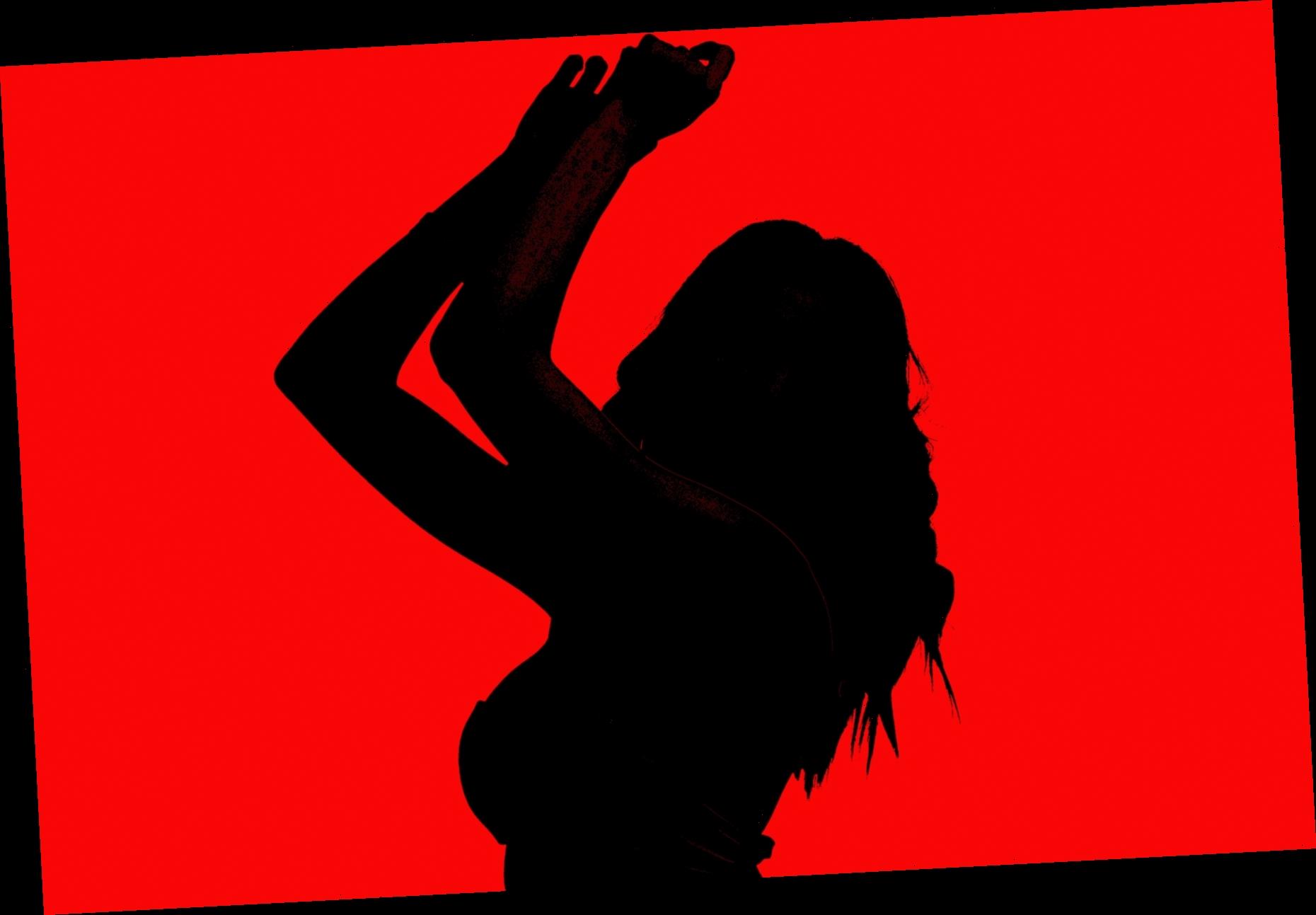For the past few weeks, a trend called the #silhouettechallenge has been going viral on TikTok. To a remix of Paul Anka’s “Put Your Head on My Shoulder,” participants in the trend (mostly, but not all, women) stand in front of the camera fully clothed, then stand in their doorway in silhouette with a red filter, dancing provocatively and showing off their bodies.
The trend was intended to be a sexy, body-positive challenge, but it was hijacked by individuals who used software to remove the red filter from the videos to reveal women’s bodies in full, whether they’re clothed, partially clothed, or nude. And although a subreddit featuring these edited TikToks has been banned by Reddit, there are still dozens of videos on YouTube instructing people how to edit the videos. Some of them have hundreds of thousands of views and at least six of them feature ads, indicating that they are monetized, per a review shared with Rolling Stone by Media Matters. The most popular of the videos has more than 233,000 views and they tend to be uploaded by tech product review and hack channels.
People are apparently searching for the term so frequently that “how to remove red light in silhouette challenge” shows up in the auto-complete underneath terms like “how to paint house exterior” and “how to remove squirrels in your attic.”
Related
QAnon Believers Are Pushing New Trump Conspiracy Theories on TikTok
Sea Shanties Blew Up On TikTok. Now They're Getting Record Deals
Related
12 Thrilling Facts About Michael Jackson's 'Thriller' Video
The 10 Most Bizarre Country Christmas Songs
As the tutorials have spread, many creators have taken to TikTok to warn women against participating in the challenge, or urging them to pay special attention to what they’re wearing if they choose to participate. “Be cognizant of what you’re wearing before editing the final product because anyone can take those images and easily revert them back to the original,” one TikTok user warned in a video that has more than 778,000 views.
On social media, some people have adopted the victim-blaming reasoning that if an individual is featured in a video dancing nude or partially clothed — even if they edited it so as not to expose their bodies — they do not have a reasonable expectation to privacy if someone else takes the initiative to remove the filter and repost the images (including as part of a YouTube tutorial). But Danielle Citron, a professor of law at Boston University Law School, disagrees. She says that participants in the #SilhouetteChallenge who have been violated in such a fashion could have legal recourse under the public disclosure of private fact tort, which addresses publication of an individual’s private information that “is not of legitimate concern to the public.”
Because the manipulated images are made public on the internet and aren’t considered newsworthy, they arguably constitute an invasion of privacy, “in the sense that the person had a reasonable expectation that the photo would show her partially dressed, not undressed,” Citron tells Rolling Stone. “We have a reasonable expectation that photos we post won’t be undressed and images and identities used to strip us…..when I go out with a short skirt, is that permission to look up my skirt with a drone?”
On YouTube, the tutorial videos do appear to violate the platform’s community guidelines against sexual content, particularly content that depicts “non-consensual sex acts or unwanted sexualization.” Google, which owns YouTube, did not immediately respond to Rolling Stone‘s request for comment.
Source: Read Full Article


